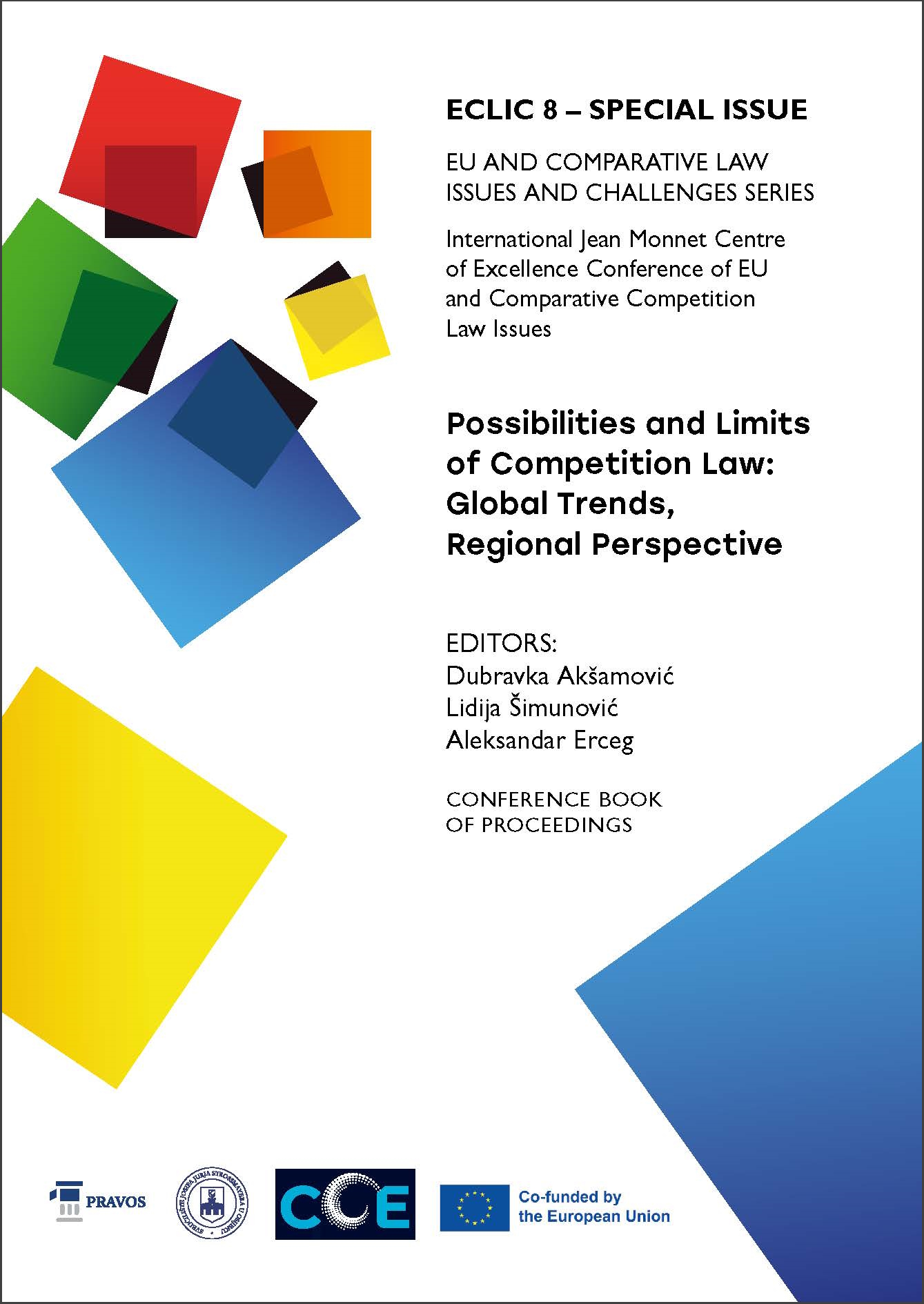THE EU FOREIGN SUBSIDIES REGULATION (FSR)
A GAME CHANGER OR IMPOSIBLE MISSION?
DOI:
https://doi.org/10.25234/eclic/35843Abstract
The negative effects of foreign subsidies granted to undertakings running business in the EU are becoming an increasing threat to the fair market competition on the EU market. These group of undertakings was not subjected to strict controls under the EU State Aid law. As a result, in 2023, the EU introduced the Foreign Subsidies Regulation (the FSR) to tackle distortions in the EU market caused by foreign subsidies granted to undertakings running business in the EU. The Regulation establishes a new regulatory framework for control of foreign subsidies in the EU market. Despite the good intentions and enthusiasm surrounding the implementation of the FSR, it is unclear whether the goals of the Regulation are realistic and feasible. The experts and market stakeholders are expressing concerns that the FSR is introducing an administrative overdose in the reporting on foreign subsidies and that it would ultimately reduce competitiveness in the internal market, because many undertakings will abandon large merger and acquisition transactions and public procurement proceedings due to bureaucratic obstacles. This paper systematically analyses the provisions of the FSR and the accompanying legislative framework. The central part of the paper critically addresses the most significant regulatory solutions and the practical implications of the implementation of the FSR. In the final sections, the paper considers whether the new rules have accomplished their stated purpose and objectives, or whether it will ultimately be detrimental to the EU. Finally, the paper gives guidance on ensuring compliance with the provisions of the FSR.
Downloads
Published
Issue
Section
License
Copyright (c) 2025 Lidija Šimunović

This work is licensed under a Creative Commons Attribution-NonCommercial 4.0 International License.
Authors retain the copyright on the papers published in the Journal, but grant the right of first publication to the Journal. Papers accepted for publication or already published in ECLIC of the Faculty of Law in Osijek may be published by the author(s) in other publications only with proper notice of its previous publication in ECLIC.


